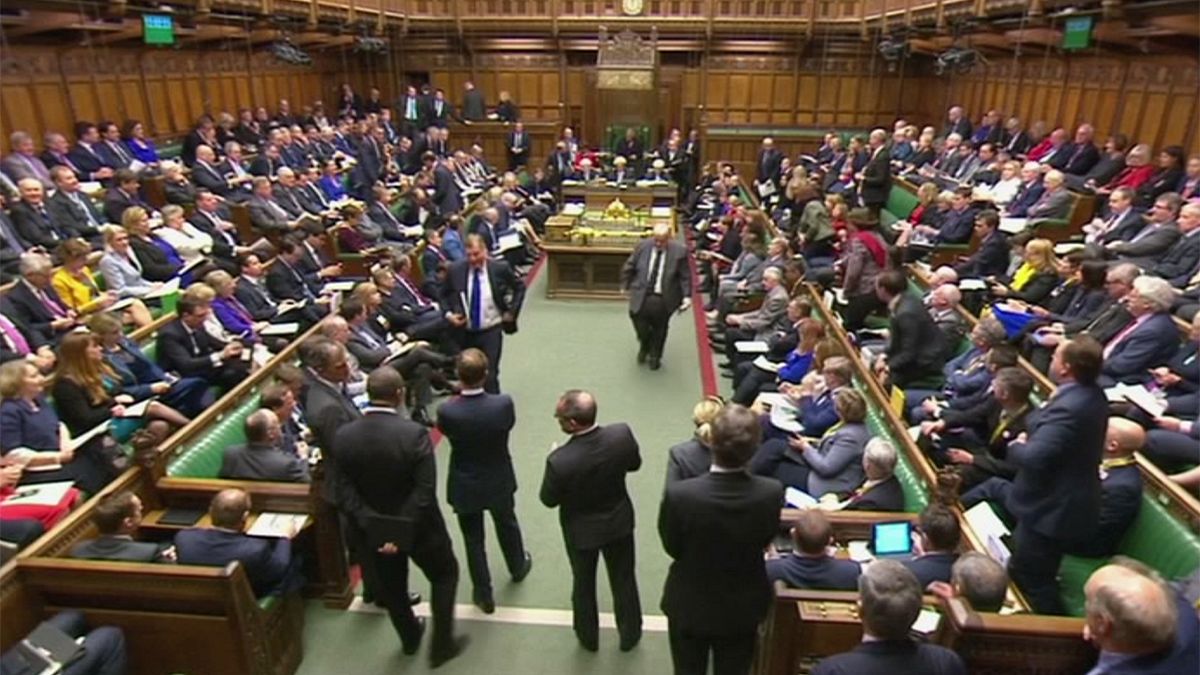In a compromise move, Prime Minister Theresa May avoided a possible revolt over her plan to begin the process by the end of March.
British members of parliament have voted to support the government’s timetable for Brexit, after a potential rebellion in the House of Commons was avoided.
MPs in the lower house of Parliament, the House of Commons, voted by 461 to 89 – a majority of 372 – to back the divorce talks with the European Union being triggered, via Article 50 of the Lisbon Treaty, by the end of March.
In a compromise move the government accepted an opposition Labour motion to publish a Brexit plan that parliament can scrutinise – this after reports that dozens of MPs from the ruling Conservative Party might have rebelled otherwise.
Labour’s motion called on the government to set out its plan for leaving the EU before it begins the formal exit process. The motion was subsequently passed by 448 votes to 75.
“For months Labour has been pressing the prime minister and the government to set out its plan for Brexit,” said Labour’s spokesman on Brexit, Kier Starmer. “For months the prime minister and a succession of ministers have refused to do so. Mr Speaker, facing defeat on today’s motion, the government has now caved in.”
The government has come under pressure to reveal details of its plan – critics say it hasn’t got one – over issues such as potential access to the EU’s single market.
It still insists it can’t give too much of its negotiating stance away before talks start.
“We will need to find our way through a vast number of competing interests to manage our exit from the union, so that our people benefit from it. That is the aim of this exercise. So that our people benefit from it. To do this the government must have the flexibility to adjust during negotiations,” David Davies, the government’s Brexit Secretary, told the Commons.
This week in the Supreme Court the government is appealing against a lower court ruling that it alone cannot trigger Article 50 – but needs parliament’s assent. The government believes it can make the move under “royal prerogative” powers.
Judgement is expected in January.
